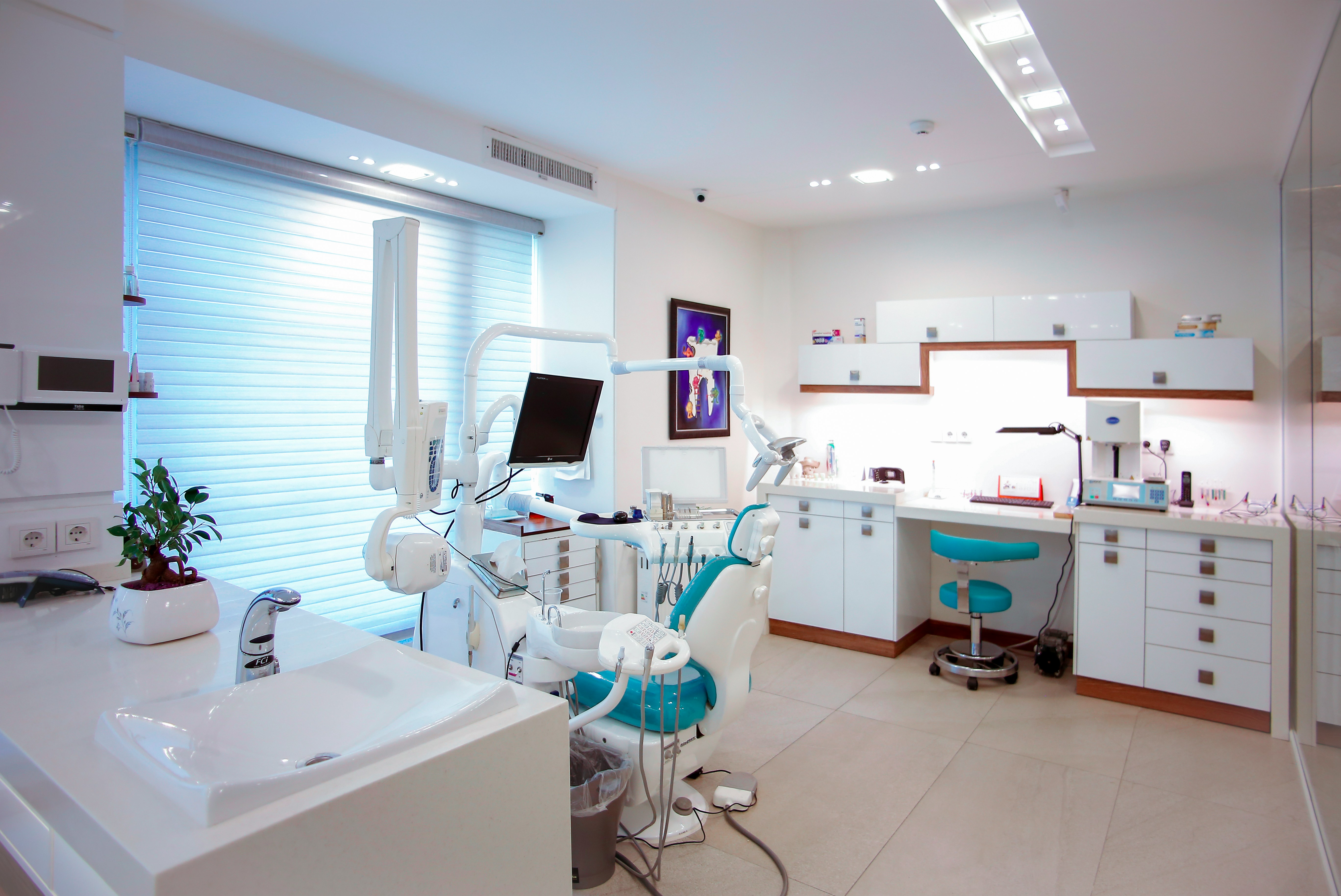Why Are My Teeth Suddenly Sensitive?
Sudden tooth sensitivity can be alarming. Learn the 5 common causes, from gum recession to hidden cavities, and find out what you can do to get relief. Get expert dental advice today.
Aug 19, 2025
That Sudden Jolt: Understanding Tooth Sensitivity
It’s a familiar and unwelcome sensation: you take a sip of a cold drink or a bite of something sweet, and a sharp, sudden pain zings through one or more of your teeth. Sudden tooth sensitivity is more than just an annoyance; it's a signal from your mouth that something has changed.
But what does it mean? While it can be alarming, the cause is often a common and treatable issue. This guide will walk you through the 5 most common causes of sudden tooth sensitivity and explain what you can do to find relief and protect your smile.
Decoding the Pain: 5 Causes of Sensitive Teeth
Tooth sensitivity occurs when the protective outer layers of your teeth (enamel and cementum) wear down, exposing the softer layer beneath, called dentin. Dentin contains thousands of microscopic tubules that lead directly to the tooth's nerve. When these tubules are exposed, external triggers such as temperature or sweetness can cause a sharp jolt of pain.
Here are the 5 most common culprits behind that exposure:
1. Gum Recession
Your gums are meant to cover and protect the roots of your teeth. If they start to pull away or "recede", often due to gum disease, aggressive brushing, or genetics, the sensitive root surfaces and their dentin are left exposed.
What to Do: Switch to a soft-bristled toothbrush and use gentle brushing techniques. Most importantly, schedule a dental check-up to assess your gum health. Professional treatments can help prevent the recession from worsening.
2. A New Cavity or a Cracked Tooth
A cavity is a hole in your tooth caused by decay. This breach in the enamel's defense can easily expose the sensitive dentin. Similarly, a small, often invisible crack in a tooth can create a direct pathway to the nerve.
What to Do: This requires a professional diagnosis. A dentist can identify a cavity or crack and repair it with a filling, bonding, or a crown, which will seal the tooth and eliminate the sensitivity.
3. Worn or Damaged Enamel
Your tooth enamel is the hardest substance in your body, but it's not invincible.
Acid Erosion: Consuming acidic foods and drinks (like soda, citrus fruits, and coffee) can slowly dissolve enamel.
Bruxism (Teeth Grinding): Clenching or grinding your teeth, especially at night, can wear down enamel over time.
What to Do: Reduce your intake of acidic foods and drinks. If you suspect you're grinding your teeth, talk to your dentist about a custom nightguard to protect your enamel from further wear.
4. Recent Dental Work
It’s common to experience temporary sensitivity after dental procedures, such as a professional cleaning, a filling, teeth whitening, or crown placement. This is usually a normal inflammatory response from the tooth's nerve.
What to Do: The sensitivity should fade on its own within a few days to a couple of weeks. In the meantime, use a desensitizing toothpaste and avoid extremely hot or cold foods. If the pain persists or worsens, contact your dentist.
5. A Sinus Infection
Believe it or not, the roots of your upper teeth are located very close to your sinuses. When you have a sinus infection, the pressure and inflammation in the sinus cavity can press on these tooth roots, causing a sensitivity that feels like a dental problem.
What to Do: If your sensitivity is concentrated in your upper back teeth and is accompanied by sinus pressure or cold symptoms, the issue may resolve once your sinus infection clears up. However, it's still wise to consult a dentist to rule out any dental causes.
Don't Ignore the Signal: Your Next Step to Relief
Sudden tooth sensitivity is a warning sign that shouldn't be ignored. While some causes are minor, others require prompt professional attention to prevent more serious problems from developing. The most important thing you can do is find out the "why" behind the pain.
At Gardens Implant and Cosmetic Dentistry, we can accurately diagnose the source of your sensitivity and create a personalized treatment plan to provide you with lasting relief.
Tired of Wincing in Pain? Get a Clear Answer. Don't let tooth sensitivity control what you eat and drink. Schedule an evaluation with our expert team today and let's help you get back to enjoying life, pain-free.
Blog






